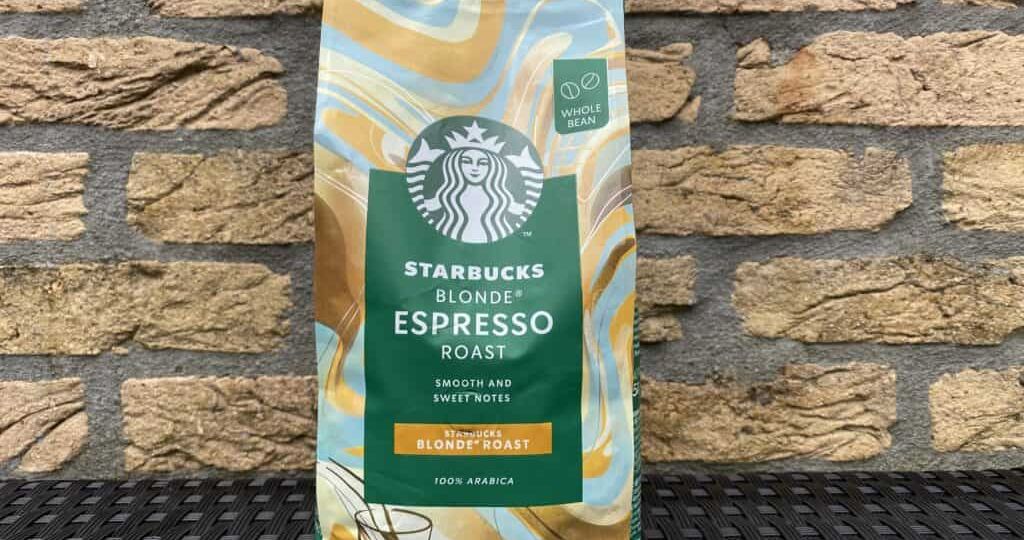
Starbucks, a global coffeehouse chain, is renowned for its extensive beverage menu and significant influence on coffee culture worldwide. As consumer interest in health and sustainability grows, the demand for organic products has escalated, prompting questions about Starbucks’ commitment to organic coffee. This article explores whether Starbucks meets the rising demand for organic coffee, shedding light on their offerings and sustainability practices.
Key Takeaways
- Limited Organic Selections: While Starbucks does offer organic coffee options, such as the Organic Yukon Blend and French Roast, these products represent a small fraction of their overall menu.
- Minimal Organic Presence: Organic coffee constitutes about 1.1% of Starbucks’ coffee portfolio, indicating a limited focus on organic offerings.
- Ethical and Fair Trade Practices: Starbucks emphasizes ethical sourcing and fair trade, aiming to ensure sustainability and fairness in their coffee supply chain, though their practices are sometimes scrutinized for not being as rigorous as Fair Trade standards.
Does Starbucks Have Organic Coffee?
Starbucks’ stance on organic coffee is nuanced. While they do not predominantly market their coffee as organic, they provide a selection of organic options. Among these, the Organic Yukon Blend and French Roast stand out for their organic certification and quality. However, the overall percentage of organic coffee at Starbucks is relatively low, with only about 1.1% of their coffee beans being USDA-certified as organic.
Despite this, Starbucks has made efforts to source their coffee ethically, adhering to their Coffee and Farmer Equity (C.A.F.E.) Practices. While these practices are commendable, they do not equate to a comprehensive organic offering, highlighting a gap between consumer demand for organic products and Starbucks’ current menu.
Understanding Starbucks’ Organic Coffee Options
Starbucks’ organic coffee selection, though limited, offers a glimpse into the brand’s engagement with organic offerings. Notable among these are the Organic Yukon Blend and Organic French Roast, which cater to customers seeking organic alternatives. Additionally, Starbucks provides organic coffee pods, expanding the accessibility of their organic products in a convenient, ready-to-brew format.
The sourcing of Starbucks’ organic beans is a critical aspect of their organic offerings. The brand procures organic coffee beans from various global regions, ensuring a diverse selection that adheres to organic farming standards. This commitment is evident in their Organic Yukon Blend Espresso, offering customers a rich and bold espresso experience with certified organic beans.
The Challenges of Offering Organic Coffee at Starbucks
Offering organic coffee presents several challenges for Starbucks, notably in economic and environmental aspects. Organic farming practices are typically more labor-intensive and yield smaller crops, leading to higher costs. These increased costs pose a dilemma for Starbucks, as they strive to balance affordability with their commitment to organic and sustainable practices.
Environmental unpredictability also affects Starbucks’ ability to provide a consistent supply of organic coffee. Fluctuations in climate can impact the growth and quality of organic coffee beans, presenting a challenge in maintaining a steady and reliable organic coffee offering.
Competition in the coffee industry is fierce, with many smaller coffee shops and specialty roasters providing organic options that appeal to a niche market. These competitors often have more flexibility in sourcing and offering organic coffee, posing a challenge for Starbucks to match in terms of variety and sustainability.
Future trends suggest a potential increase in Starbucks’ organic coffee offerings, driven by growing consumer demand for sustainable and organic products. As the market evolves, Starbucks may expand its organic coffee line, adapting to consumer preferences and reinforcing its commitment to sustainability.
Consumer Impact and Choice
Consumer preferences play a pivotal role in shaping Starbucks’ product offerings. As the demand for organic products increases, Starbucks is compelled to adjust its menu to accommodate this shift. Customer feedback is instrumental in this process, with the company leveraging insights from various channels to refine its organic coffee selection.
For consumers seeking organic coffee, alternatives include local coffee shops and specialty roasters that offer a more extensive range of organic options, providing a viable choice for those prioritizing organic and sustainable coffee consumption.
FAQs
Are There Organic Decaf Options at Starbucks?
Starbucks provides decaffeinated versions of some organic coffee selections, catering to those who prefer decaf but still want organic options.
Does Starbucks Use GMOs in Their Coffee?
While Starbucks strives to source non-GMO ingredients, only a small fraction of their coffee is USDA-certified as organic, which inherently means non-GMO.
How Can I Identify Organic Coffee at Starbucks?
Look for USDA organic certification on the packaging or inquire at Starbucks locations to ensure the coffee you’re choosing is organic.
Final Thoughts
Starbucks offers a limited selection of organic coffee options, influenced by consumer demand and the challenges of organic coffee supply. While the brand has made strides in ethical sourcing and sustainability, the organic offerings remain a small fraction of their total product range. Consumers seeking organic options have alternatives beyond Starbucks, with local coffee shops and specialty roasters providing a broader selection.
As consumer preferences continue to evolve towards sustainability and organic products, Starbucks may further expand its organic coffee offerings, reflecting a commitment to meeting customer expectations and promoting environmental responsibility.









